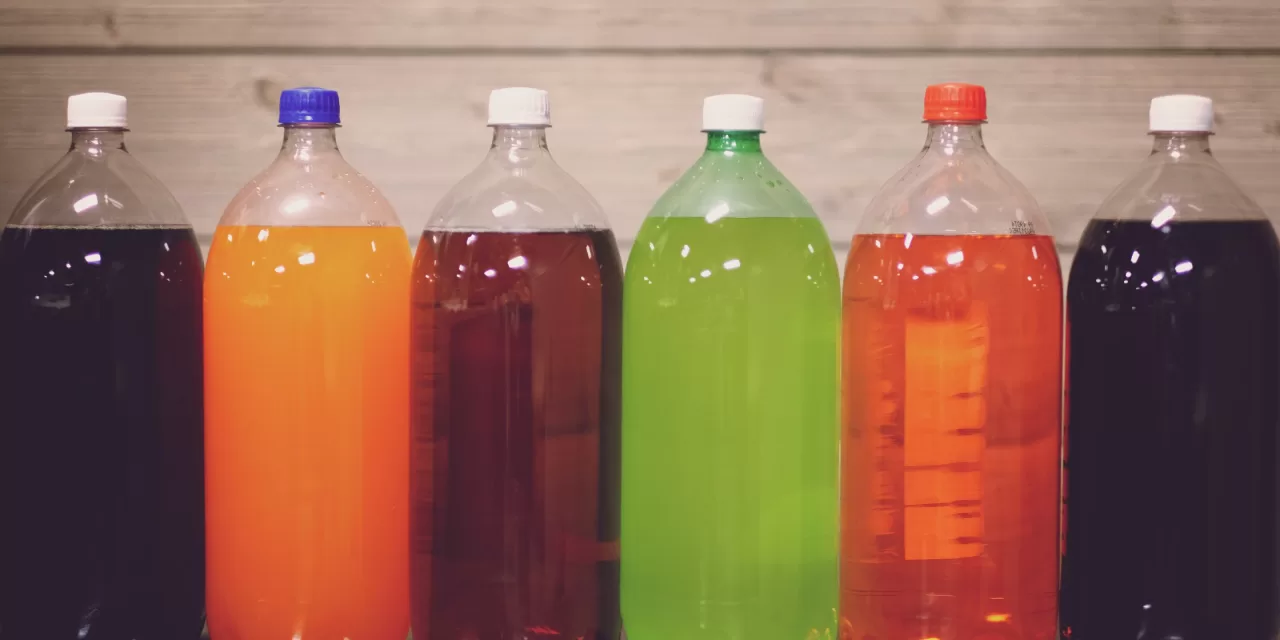A comprehensive global study has highlighted a troubling trend in the dietary habits of children and adolescents over the past few decades. Research led by the Friedman School of Nutrition Science and Policy at Tufts University, published in The BMJ, reveals that youth worldwide consumed nearly 23% more sugar-sweetened beverages in 2018 compared to 1990. This increase spans across various demographics, with notable disparities based on age, geography, and socio-economic status.
The study, which utilized data from the Global Dietary Database, provides the first global estimates and trends of sugar-sweetened beverage intake among youth, aged 3 to 19 years. It encompasses over 1,200 surveys conducted between 1990 and 2018. The findings indicate that young people now consume nearly twice as much of these sugary drinks as adults.
Sugar-sweetened beverages in this study include soda, juice drinks, energy drinks, sports drinks, and home-sweetened fruit drinks containing added sugars. Notably, the research excludes 100% fruit juices, artificially sweetened drinks, and sweetened milks.
Key findings include:
- Global Average Consumption: Youth globally average 3.6 servings of sugary drinks per week, with significant regional variation. Latin America and the Caribbean have the highest intake at 9.1 servings per week, while South Asia has the lowest at 1.3 servings per week.
- Regional Disparities: In 56 countries, representing 10% of the global youth population, average consumption exceeds 7 servings per week.
- Highest Consumption Rates: Among the most populous nations, Mexico leads with 10.1 servings per week, followed by Uganda (6.9), Pakistan (6.4), South Africa (6.2), and the United States (6.2).
The research also highlights a dramatic increase in sugar-sweetened beverage intake in Sub-Saharan Africa, with average weekly consumption growing by 106% to 2.17 servings per week from 1990 to 2018.
First author Laura Lara-Castor, a recent graduate of the Friedman School and now a postdoctoral scholar at the University of Washington, emphasizes the long-term health risks associated with this trend. “Sugary beverages increase weight gain and risk of obesity, which could have significant impacts later in life, even if children don’t develop diabetes or cardiovascular disease immediately,” she notes.
The study underscores the need for targeted educational and policy interventions to address the rising intake of sugary drinks. Many governments have begun implementing measures such as soda taxes and restrictions on sales in schools to promote healthier dietary habits. However, these efforts face challenges from aggressive industry marketing and the globalization of the food sector.
Senior author Dariush Mozaffarian, Jean Mayer Professor of Nutrition and director of the Food is Medicine Institute at the Friedman School, calls for urgent action: “Our findings should raise alarm bells in nearly every nation worldwide. The trends we’re seeing pose a significant threat to public health, one we can and must address to ensure a healthier future.”
For more details, refer to the full study: Intake of sugar-sweetened beverages among children and adolescents in 185 countries between 1990 and 2018: population-based study, The BMJ (2024). DOI: 10.1136/bmj-2024-079234.












